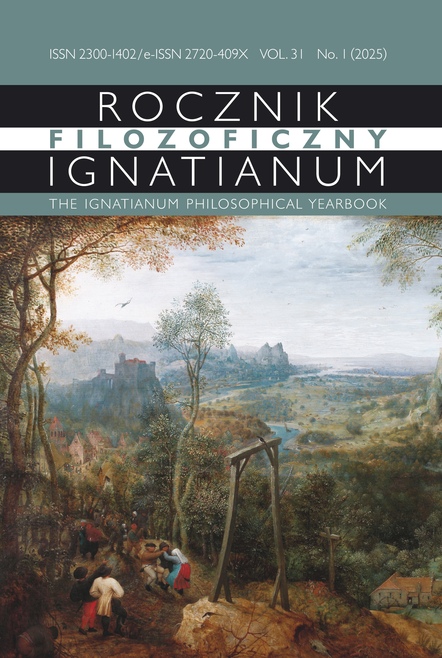Punishment and Reward During the Estates Uprising and Its Defeat
Žerotín, Liechtenstein, Wallenstein
Abstract
The present article deals with the issue of the Estates Uprising in the Habsburg monarchy, as an historical process, in our case personified by the persons of Ladislaus Velen of Žerotín, Charles of Liechtenstein and Albrecht of Wallenstein, consisting of a complicated sequence of punishments and rewards. The Estates Uprising of 1618–1620, or more exactly in the broader sense of the word, of 1620–1636, can be seen as a complex of „crimes and punishments“, as well as „crimes and rewards“. Although the question of the crime seems obvious, it too was subject to change in the legal and constitutional system of the time and in later historiography. All the parts of the composite sentence were taken to be individual sanctions, even if the crime was committed by a group or a collective body. At the same time, the lower and upper limits of the assigned punishment related to the proven degree of guilt of a specific person, or to be more exact, took into account any aggravating and mitigating circumstances. At the same time, it was clear that pardons were used as counterweights to punishment, and last but not least, rewards were made to people standing on the opposite side of the imaginary barrier – for showing loyalty, active assistance or faithful service. At the same time, such reward was not as clearly defined in the legal system of the time as was the case of punishment. Although early modern elites also tried to justify it, its nature was on the whole political and was dependent on the will and intentions of the head of society. Even so, it was directly related to the punishment and often mirrored it.
Copyright (c) 2025 Ignatianum University in Cracow

This work is licensed under a Creative Commons Attribution-NoDerivatives 4.0 International License.
The Yearbook only accepts materials for publication that are free of all conflicts of interest, and that in no way involve conflicts over authorship, copyright, etc. The Editors will take action against any cases of plagiarizing, ghostwriting1, guest/honorary authorship2, etc. Where co-authored work is concerned, the Author listed first is expected to take responsibility for the submission, and is required to make clear the contributions of all of the Co-Authors involved. In the event of the publication owing its existence to funding dedicated to this purpose, this fact should be made clear: e.g. in any note of thanks/acknowledgement, or in a footnote, etc. Explicit notification should be given of any form of reprinting, with the appropriate evidence of permission to publish being furnished as required. Any impropriety on the part of Authors/Reviewers risks exposing them to appropriate responses from the relevant institutions.
______
1 This term refers to instances of a person who has made an essential contribution being omitted from the list of authors, or from notes conveying gratitude and/or acknowledgement.
2 This occurs when a person who has made either an insignificant contribution or no contribution at all nevertheless appears on the list of authors.





